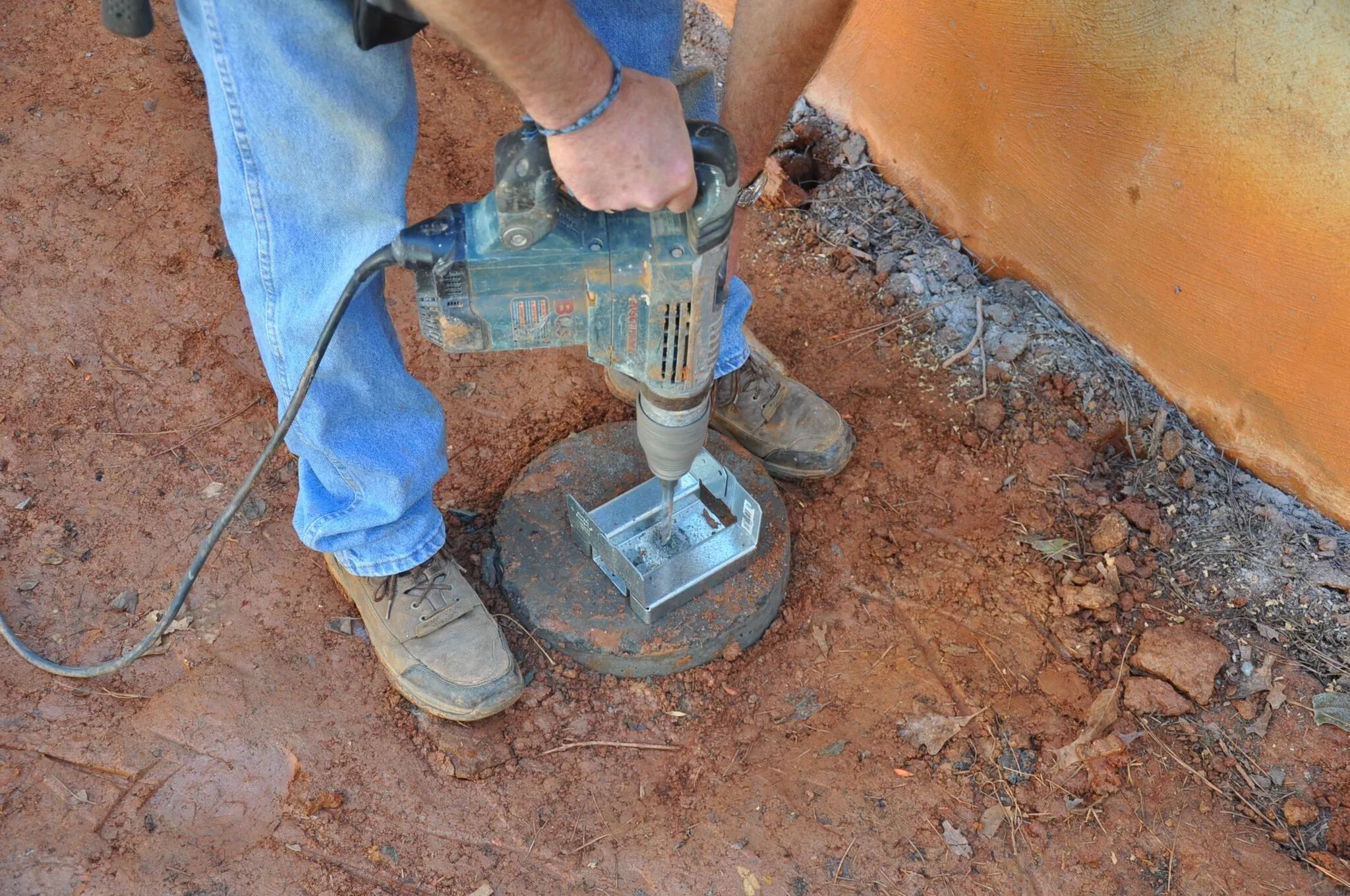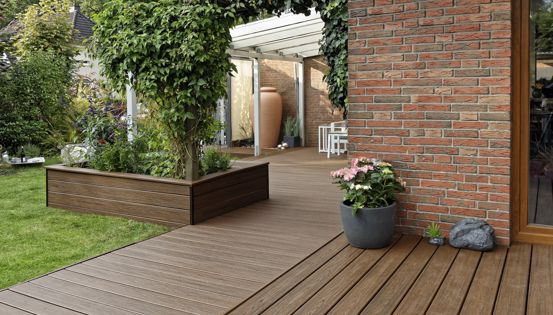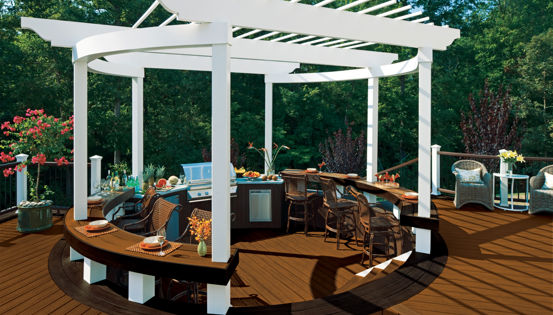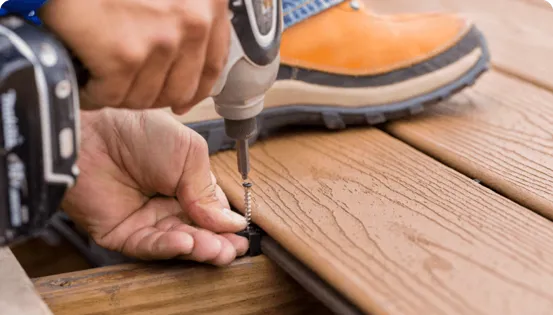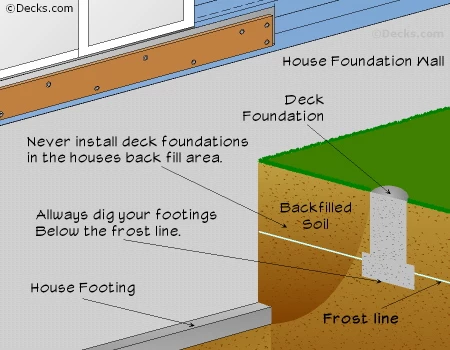
Before you dig your frost footings, you will want to make sure the soil is properly compacted to support the deck load. Often when new houses are built, the process of digging the foundation disrupts the soil and leaves the yard unsettled. This means the entire yard will slowly drop in elevation relative to the house.
It is not uncommon for this to cause patios and driveways to crack. Likewise, if you anchor a deck to footings that are built on soil that is not properly compacted, your deck will probably sink. Needless to say, this is something you want to avoid. If you suspect your soil is unsettled, you will either have to wait for the yard to settle or dig the footings to a depth where the ground is compact. Certain kinds of soils are more problematic than others. Clay soils are particularly prone to shrinking and swelling. If you live in a new house, you may want to talk to your builder or local building inspections department to see if they have any information or suggestions. You can mark the level of the yard as it meets the house where you will be building your deck and observe it over a couple of months to see if you notice any change. If you have reason to believe settling may cause you problems, you may consider hiring a soil engineer to assess the situation, but this will result in an added cost to your project.
